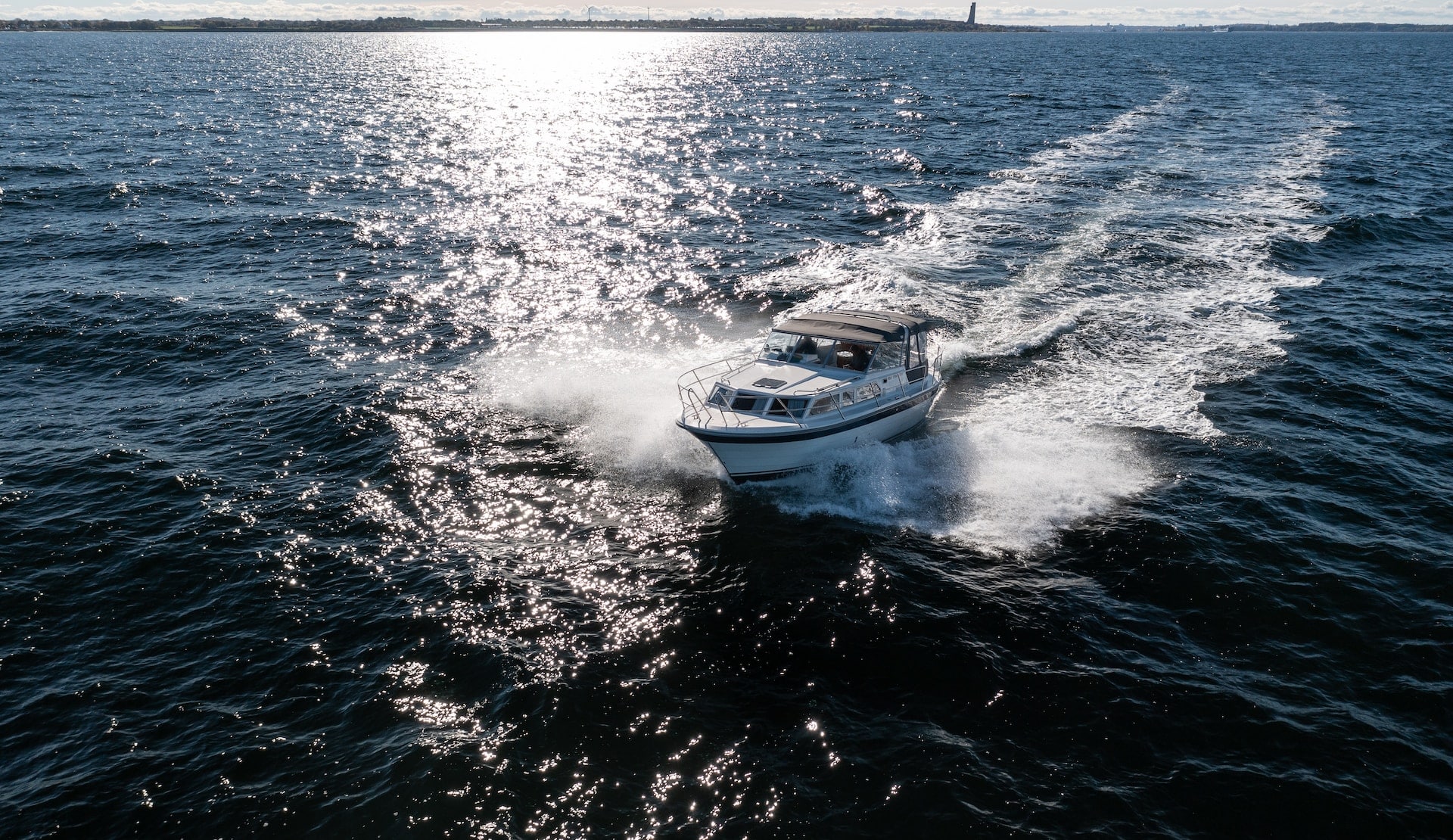Mobile home insurance, just like any other insurance product, can be a bit confusing for those new to it or considering purchasing a policy. To help you make an informed decision, we have compiled a list of frequently asked questions related to mobile home insurance. In this blog post, we will answer these questions in detail, so you can better understand this insurance product and its benefits.
1. What is mobile home insurance?
Mobile home insurance is a specialized insurance product designed to provide financial protection for your mobile or manufactured home and your personal belongings and liability coverage. This type of insurance is similar to homeowners insurance but is specifically tailored for the unique risks associated with mobile and manufactured homes.
2. Who needs mobile home insurance?
Anyone who owns a mobile or manufactured home should consider purchasing mobile home insurance. This includes people who own a mobile home as their primary residence, rent it out, and even those who use it as a vacation home. Mobile home insurance is essential in protecting your investment and providing financial peace of mind in case of unexpected events.
3. What does mobile home insurance cover?
Mobile home insurance typically provides coverage for the following:
- Physical damage to the mobile home caused by perils such as fire, lightning, windstorm, hail, explosion, theft, and vandalism.
- Personal property coverage for your belongings inside the mobile home, such as furniture, appliances, and electronics.
- Liability coverage, which protects you in case someone gets injured on your property or if you accidentally cause damage to someone else’s property.
- Additional living expenses coverage helps pay for temporary housing and other expenses if your mobile home becomes uninhabitable due to a covered loss.
- Optional coverages, such as coverage for attached structures like porches and carports and coverage for specific valuable items.
4. How much does mobile home insurance cost?
The cost of mobile home insurance varies depending on several factors, including the value and age of your mobile home, its location, and the coverage and limits you choose. Other factors affecting your premium include your credit history, claims history, and any safety features installed in your mobile home.
To get a better understanding of how much mobile home insurance may cost you, it’s best to get quotes from multiple insurance providers and compare their offerings.
5. Can I bundle my mobile home insurance with other insurance products?
Yes, many insurance companies offer discounts if you bundle your mobile home insurance with other insurance products, such as auto insurance or renters insurance. This can be a great way to save money on your overall insurance costs.
6. What happens if my mobile home is damaged or destroyed?
If your mobile home is damaged or destroyed due to a covered peril, your mobile home insurance policy will help cover the cost of repairing or replacing it up to your policy limits. It’s essential to have enough coverage to cover the full replacement value of your mobile home to avoid underinsurance.
Conclusion
Mobile home insurance is essential for anyone who owns a mobile or manufactured home. It provides financial protection and peace of mind in the face of unexpected events. By understanding the coverage options available and shopping around for the best policy, you can ensure that you are adequately protected at an affordable price.
Don’t let unexpected events catch you off-guard! Protect your mobile home with the best insurance coverage available. Call Florida Manufactured Home Insurance Agency today and get a quote for mobile home insurance, boat insurance, auto insurance, or golf cart insurance in Florida. Our experienced team is here to help you find the perfect coverage to fit your specific needs and budget. Get a quote today!





